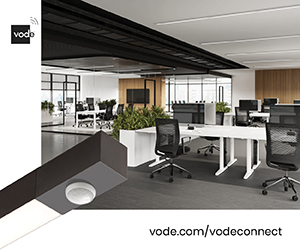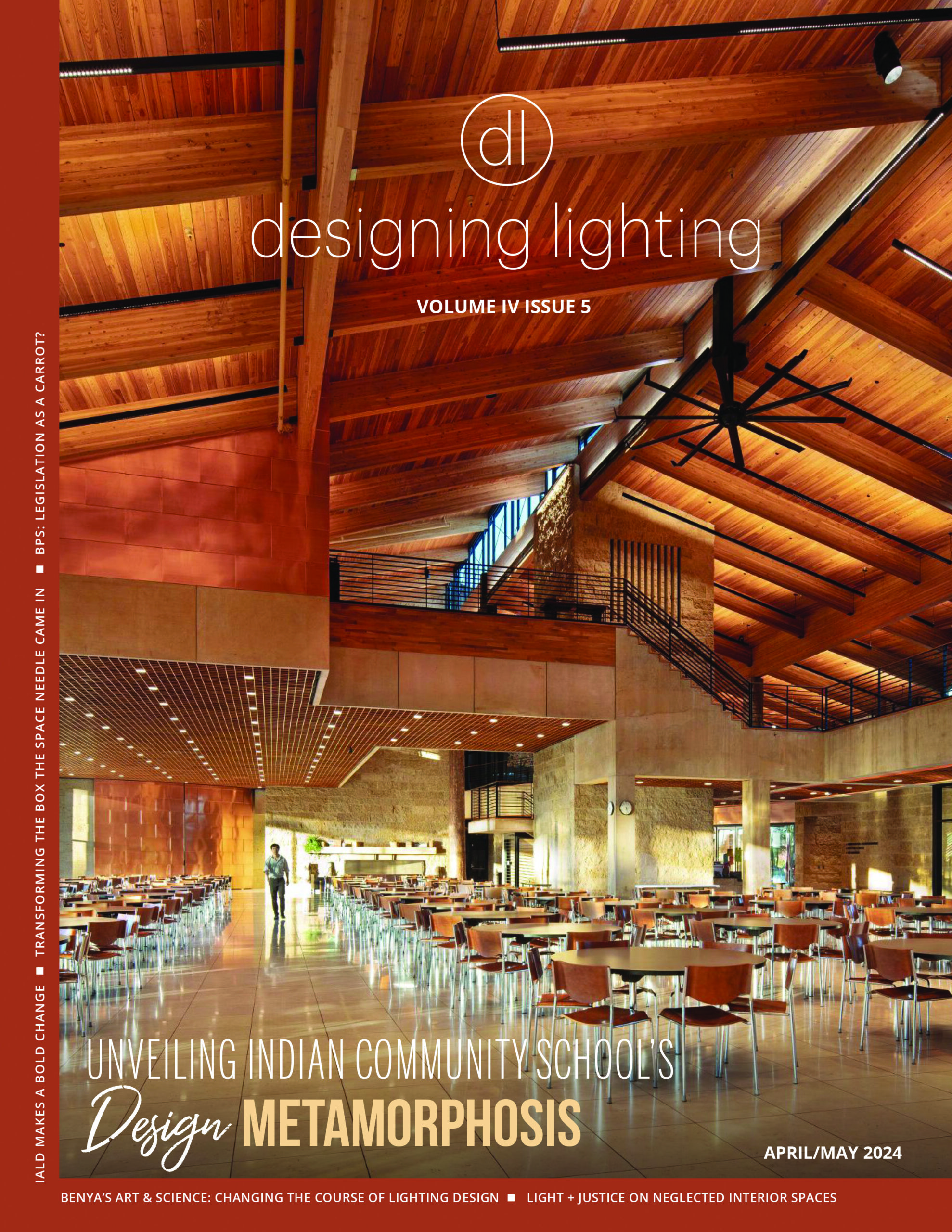This is the final installment in our Happy Circadian Hour series.
On the evening of November 20th, the Happy Circadian Hour event illuminated the intricate dance between artificial lighting and human health. A panel of esteemed experts—Jesse Lilly of LMPT, Ulysse Dormoy of Atrium LTD, and Colin Ball of Building Design Partnership converged to unravel the threads of this vital relationship. Dr. Shelley James was the moderator.
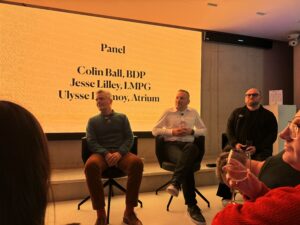
Jesse Lilly opened the discourse with a provocation, questioning the sufficiency of our awareness in the LED era. “We’ve developed under natural light,” he said, “and here we are, in this new LED age, a very different light source, and we’re not nearly conscious enough of the consequences of using that light source.”
Ulysse Dormoy, affirming Lilly’s stance, reflected on the commoditization of light over 140 years of electric illumination. “Our system needs light, our body absorbs light through the skin, not just through the eyes,” Dormoy emphasized, heralding a call to action for quality in lighting beyond the price point. He shared his personal experience with a light metering device, revealing a stark contrast in light consumption between his office and home environments.
Colin Ball, with a nod to the past, lamented how we’ve taken lighting for granted. “Just the fact that we’re all here in the near basement this time of night, there is proof that we just take lighting for granted that we can have this event,” he mused. Ball challenged the industry’s departure from natural light, critiquing the deep, artificially lit interiors of modern architecture that forsake the sun.
The conversation turned introspective as Shelley James queried whether the lighting industry “walks the walk.” Lilly’s candid response highlighted a discrepancy between the industry’s knowledge and its application, even in the spaces where its own members work and live.
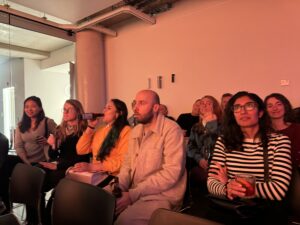
Ulysse expanded on this, drawing an analogy between the ubiquity of artificial light and the prevalence of ultra-processed food. Just as the latter strips nutrients from our diet, so does poor-quality light rob us of vital spectral components necessary for our well-being. He argued for a conscious effort in specifying high-quality lighting, emphasizing that light absorption through the skin is as critical as through the eyes, suggesting that the industry has overlooked the full spectrum of light’s effects on human physiology.
Ball pointed to a loss of fundamental lighting principles, such as quality of life and color balance, overthrown by the advent of newer technologies. He highlighted the lighting industry’s cyclical struggle with its own advancements, suggesting that while new technologies promise efficiencies, they often come at the cost of losing essential qualities of light.
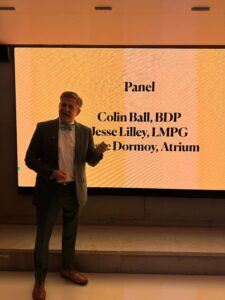
The panelists were unanimous in their view that the lighting industry, while creative, must also prioritize sensibility, health, and energy efficiency. They called for a re-education on the importance of quality light and the need for industry-wide collaboration to enhance public awareness.
The panel left a resonating message: lighting is not a mere commodity; it’s a crucial element of our daily health. The industry’s challenge is to illuminate this truth, ensuring that each beam of light cast is not just bright, but also beneficial.
